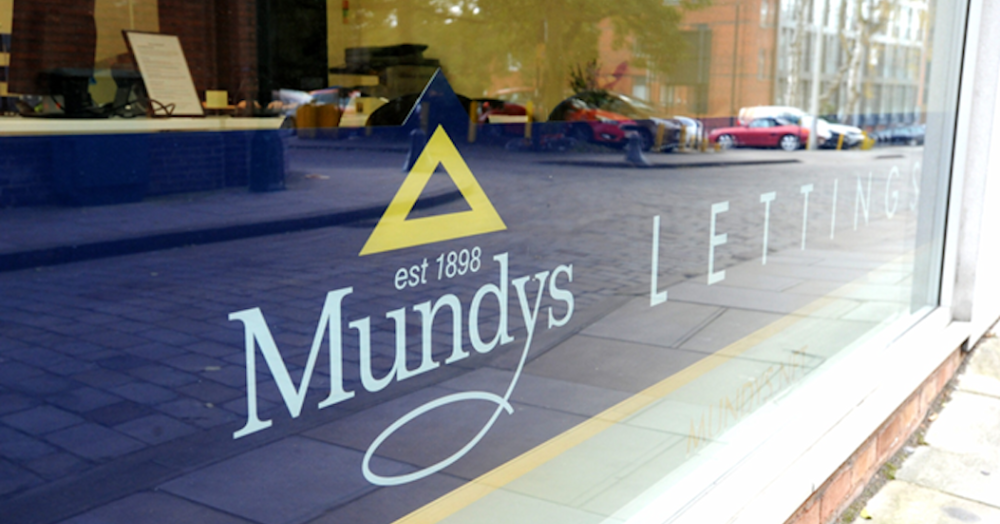Whether you are just starting out on your landlord journey or have a growing property portfolio, the fact is that all rental properties need to be managed. You may even find yourself as an accidental landlord and the thought of dealing with maintenance issues or tricky tenant fills you with dread.
Not to mention the ever-evolving legislation and compliance to get to grips with! Not everyone is suited to being a landlord… and if you don’t want to do it, then you will need to find an agent who will be expert in finding good tenants and managing your tenancy.
PROS of self-managing
No management fees: The main benefit to managing your own property is the fees, potentially maximising your income.
Control: You have full control over every detail, from tenant interactions to maintenance decisions.
Personal Touch: Closer involvement allows you to stay connected with tenants and address their needs promptly.
CONS of self-managing
Time: Managing a rental property requires significant time and effort. Repairs, and maintenance can be time-consuming and if you work full-time, you may struggle to benefit from having rental properties if all your free time is taken managing them.
Responsibilities: As a private landlord, you’re fully responsible for all safety, health regulations, and tenant rights. Managing a tenancy is full of red tape so if you make a mistake, you could find yourself in hot water. It could only take a Carbon Monoxide Leak or a fire to occur and if you haven’t done your due diligence and provided alarms and made the necessary checks then there could be serious legal consequences for you.
Legislation Changes: You need to stay informed about evolving landlord laws and regulations. For example, did you know you have to serve a copy of the safety certificates to the tenants each year and evidence this? Something as seemingly small as this could have an impact on gaining possession at the end of the tenancy if not done correctly.
When things go wrong: What if the worst happened and your tenant is struggling to pay rent or, even worse still, you need to enter eviction proceedings if they stop paying then having a professional agent to sit between you can ensure things don’t become personal or upsetting. One of the worst mistakes you can make is not to reference your tenants thoroughly and then be left with a property occupied by non-paying tenants.
You might save less than you think: Imagine the highly possible scenario that your property needs a few repairs in a year. One thing that we very well is having a network of independent contractors that can deal with repairs and maintenance at a good price. A good letting agent will carry out regular inspections to ensure potential issues are spotted early and address minor problems such as blocked guttering or condensation before they can grow into bigger more costly problems.
To find out more information on our managed services, please give Mundys a call on 01522556099

